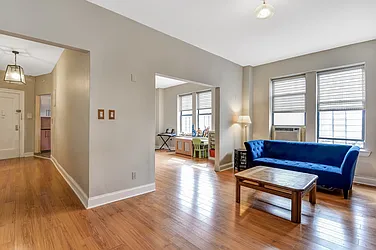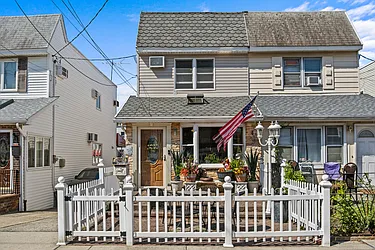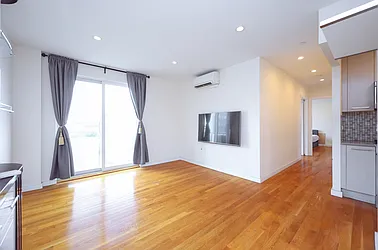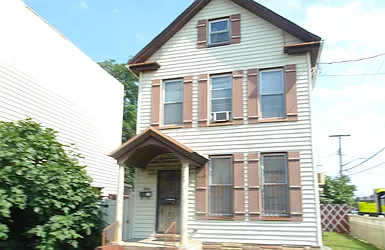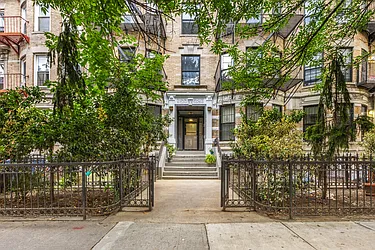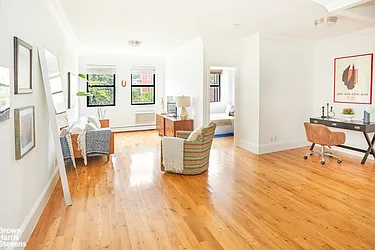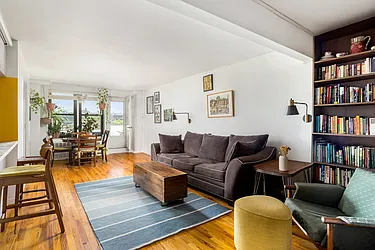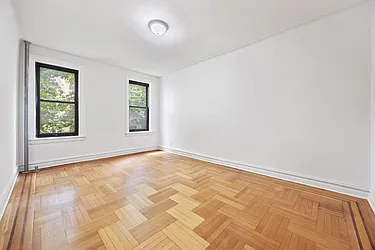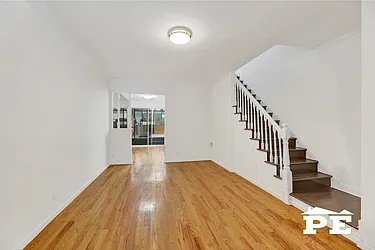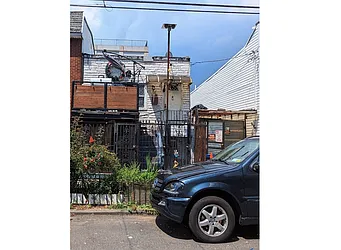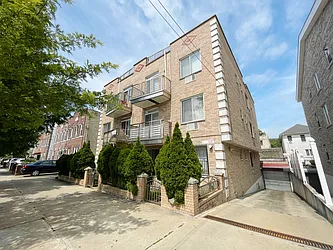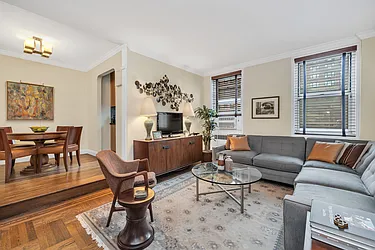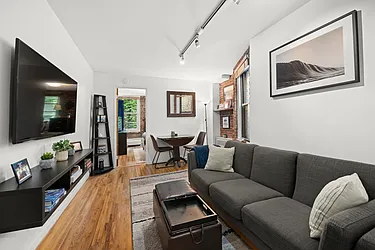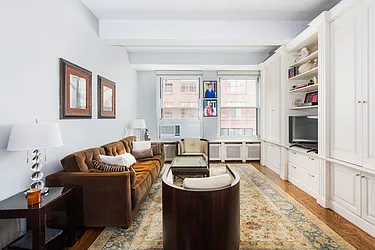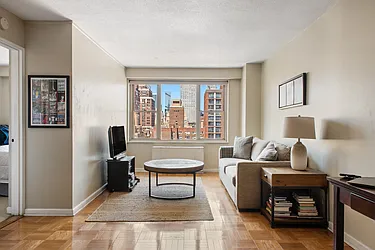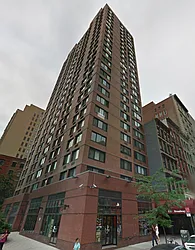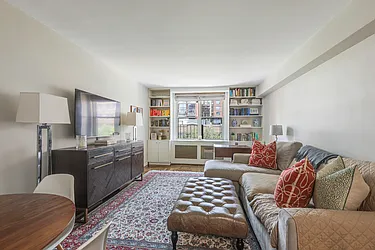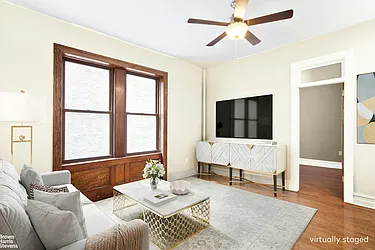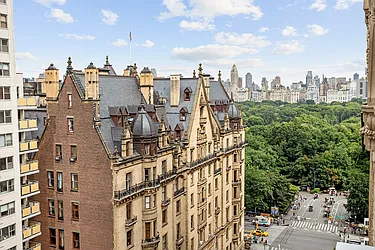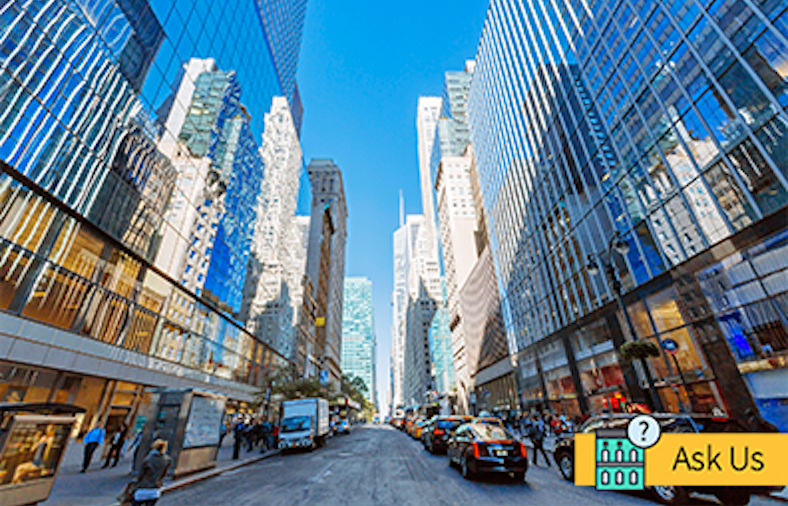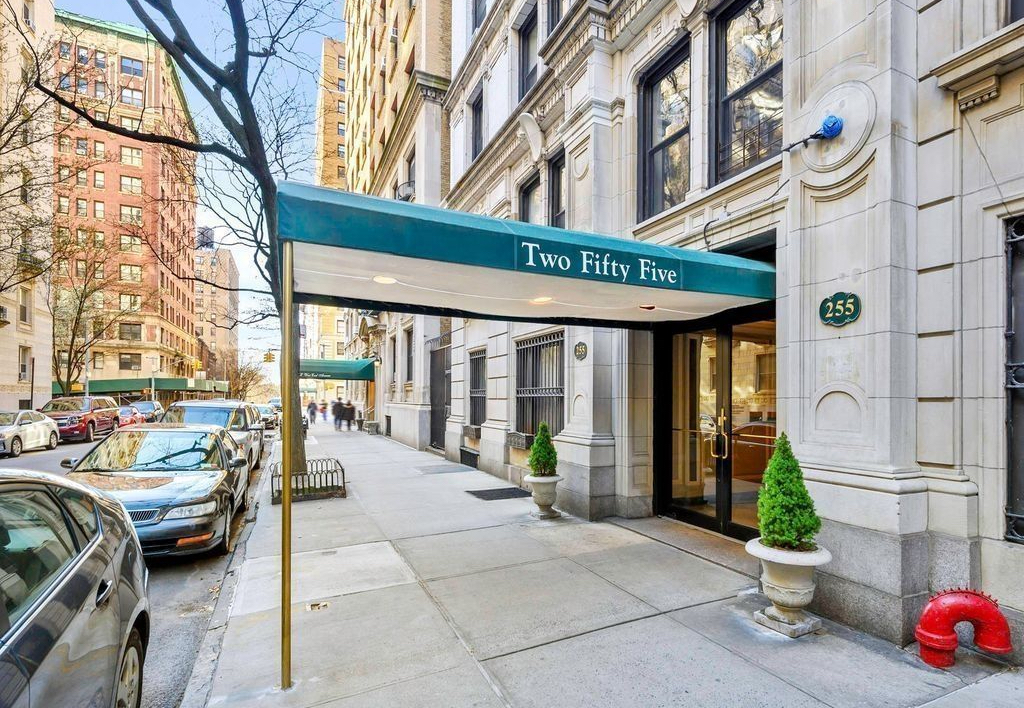
One of many co-op buildings in NYC. (From a listing at 255 W. 98th St. #7AD)
If you’re on the hunt for an apartment in New York City, you’ve probably realized the process isn’t entirely straightforward. That’s especially true for co-op buildings. Not only do you have to go through an intense interview with the board, where even your dog might get questioned, but there are also super-strict financial requirements. A good income and high credit score are often not enough to secure your chances of owning an abode in a co-op. Another concern is your post-closing liquidity.
“More exclusive buildings are going to expect a lot more of their new co-owners,” said David Crook, author of “The Wall Street Journal Complete Real-Estate Investing Guidebook.” Boards of high-end co-ops want a partner with the wherewithal to bear all of the financial obligations that come with the address: monthly maintenance, assessments, emergencies, extended vacancies, you name it.
That’s why, on top of looking at financial details such as debt-to-income ratio, your post-closing liquidity will come under scrutiny. What does that term mean, exactly? Don’t worry, here’s everything you need to know.
Brooklyn Homes Under $900K on StreetEasy Article continues below
What Is Post-Closing Liquidity?
Let’s cover the basics. “Post-closing liquidity refers to the amount of liquid capital a buyer is expected to have after they close on a co-op,” said broker Gill Chowdhury of Warburg Realty. In a nutshell? The board wants to see how much you have left in assets after paying the down-payment and closing costs. So, even if you have enough to pay for the mortgage, down payment, and maintenance, you will still need to have more capital set aside.
Buildings want to be sure you’re not just getting by, but have a safety net in place to pay all costs associated with living in the building for years. “It means, can you get your hands on as much cash as necessary as quickly as possible?” said Crook.
How Is Post-Closing Liquidity Calculated?
Post-closing liquidity is calculated by adding all liquid assets the buyer (or buyers) have. You then subtract the down payment and estimated closing costs and divide that by the total of mortgage, maintenance, and assessments combined.
“So, for example, if you are purchasing a property that will have a monthly mortgage of $3,000 and has a monthly maintenance bill of $1,000, and you otherwise have no debt, your total monthly expense will be $4,000,” said Chowdhury. You would need to have that amount in payments for however long the building stipulates. For example, if it’s one year, you would need $48,000 in liquid assets after you close.
Manhattan Homes Under $900K on StreetEasy Article continues below
What Do Co-Ops Typically Require for Post-Closing Liquidity?

Monthly maintenance fees for co-ops can vary greatly. This one is roughly $1,200 per month. (From a listing at 575 Sixth Ave. #5B)
There is no absolute standard, as each building can impose its own requirements. However, both Chowdhury and Crook reveal that having two years’ worth of maintenance, mortgage, and other debt service obligation payments after you close is relatively standard when it comes to post-closing liquidity.
“If the monthly maintenance is $15,000 (not at all unusual along the Fifth Avenue Gold Coast), the board is looking for $360,000 or more. Even in a more modest building with a $1,500 monthly maintenance, the board will want you to have at least $18,000 (maybe more) left after buying. And that’s not counting mortgage payments.”
What Are the Most Common Liquid Assets?
If you’re starting to freak out that you don’t have tens of thousands of dollars in cash just sitting in your bank account, don’t fret. You don’t necessarily need a massive savings-account balance to have post-closing liquidity (although it works if you do).
“Liquid assets can include stocks and bonds traded on a major exchange, U.S. Treasury securities, mutual funds, and money-market funds,” said Crook. “In short, anything that’s easy and quick to convert to cash.”
But in some instances, there’s a hitch.
Real estate, gold bars, Bitcoin, retirement accounts, trusts, private or limited stock are not always considered “wet” assets. The reason? “These things may be difficult to redeem for hard cash immediately,” said Chowdhury.
Whether you’re looking to rent or to buy, find your next NYC apartment on StreetEasy.

